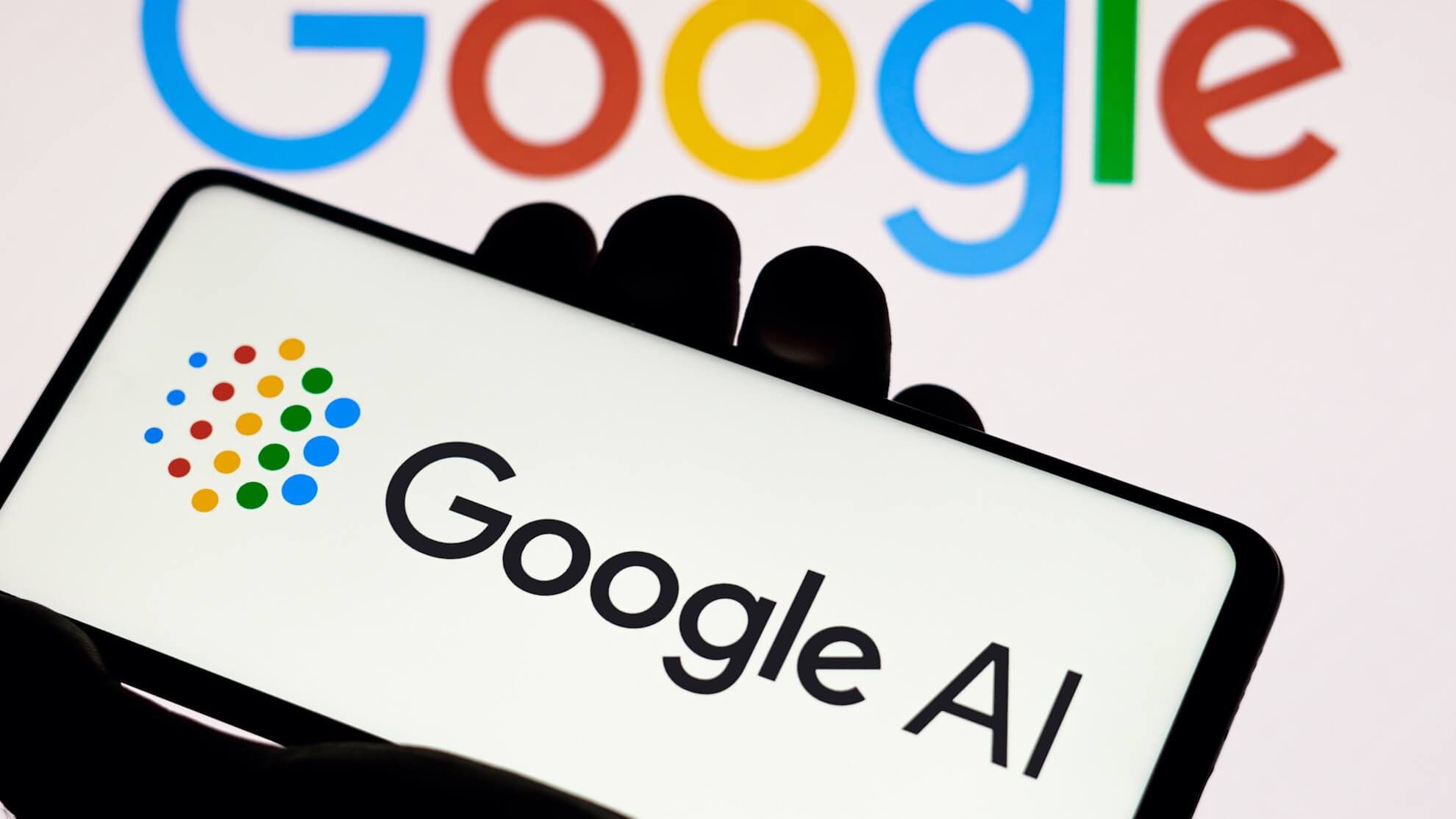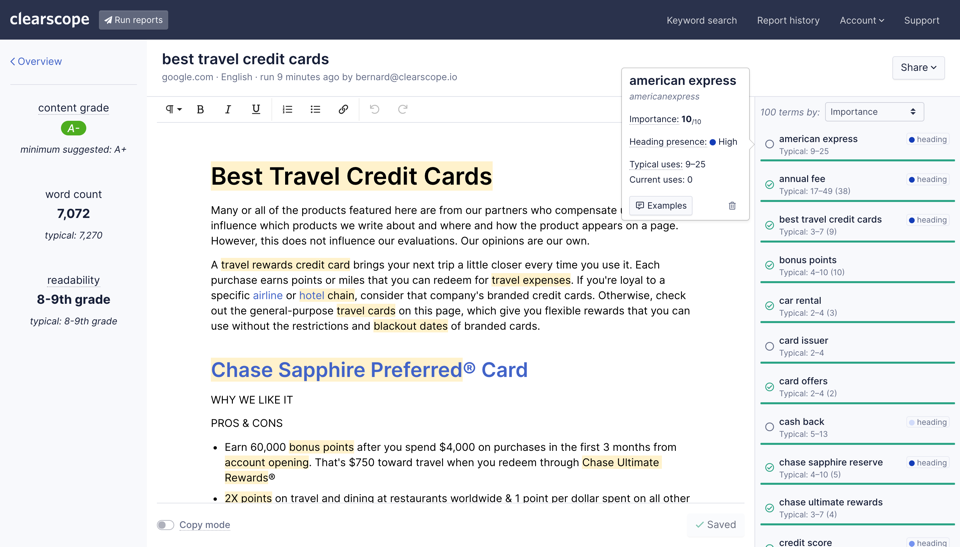
Discover how AI SEO can empower e-commerce businesses to boost traffic, enhance user experience, and dominate search engine rankings with advanced automation.
It’s no exaggeration to say that artificial intelligence (AI) is having a transformative impact across almost all industries. From helping healthcare professionals make more accurate diagnoses to assisting financial institutions with fraud detection, few sectors remain untouched by at least some degree of automation.
But one of the areas AI is having the most profound impact on is digital marketing — and more specifically search engine optimization (SEO). With search engines now beginning to incorporate AI search results into their algorithms, and countless tools offering keyword-optimized AI-generated content, AI and SEO are becoming inseparable.
SEO is naturally a critical focus for ecommerce businesses — crucial for driving organic traffic, boosting visibility, and gaining a competitive edge — so is it time for the most savvy online sellers to start embracing the idea of AI-powered search? How can AI SEO empower ecommerce companies to dominate the SERPs?
In this blog, we look at 5 ways ecommerce businesses can combine AI and SEO for maximum impact.
1. Keyword and content optimization
One of the most straightforward yet impactful ways AI is changing SEO is by automating keyword research. Traditionally, ecommerce businesses had to manually identify and target relevant keywords that could drive traffic; but now, AI-powered keyword research tools take this a step further by analyzing vast amounts of data, recognizing patterns in search behavior, and offering insights that are far more granular and accurate.
Tools like Clearscope and Surfer SEO are great examples of this — they provide AI-assisted, data-driven content recommendations that help you create keyword-optimized copy, and can also assess competitor websites and suggest improvements, ensuring your product pages, blog posts, and category descriptions are more aligned with what search engines value.
For ecommerce businesses, where thousands of products may need unique descriptions or category text, this AI-powered content optimization saves valuable time while helping your content rank higher in the SERPs.
2. AI-powered personalization
AI doesn’t just help with driving traffic to ecommerce sites — it also improves the on-site experience, which is a critical aspect of SEO. Search engines increasingly consider user experience (UX) when ranking pages — Google’s latest core update is focused on ensuring search results show genuinely useful content — and AI tools can help boost UX through personalized product recommendations and on-site optimization.
Ecommerce platforms like Shopify are integrating AI-powered product recommendation engines — through apps such as Wiser — that tailor the shopping experience to individual users. By analyzing previous purchases, browsing history, and user demographics, AI can make accurate product recommendations, increasing conversion rates and reducing bounce rates.
This ultimately signals to search engines that your site offers value, leading to improved rankings.
3. Voice search optimization
As voice search technology continues to grow, ecommerce businesses need to be prepared for the shift in how consumers search for products. AI is a core component of voice search technology, and optimizing for voice search requires a different approach than traditional text-based search.
AI-powered SEO tools can analyze conversational queries, helping businesses optimize their content for the natural language used in voice search. Incorporating long-tail keywords, question-based queries, and conversational language can ensure your ecommerce site is primed for voice search traffic.
For example, instead of optimizing for “buy shoes online”, a voice search might be, “Where can I buy affordable running shoes near me?” AI can help businesses better anticipate these shifts and ensure their content is voice-search-friendly, capturing traffic that might otherwise be overlooked.
4. Predictive analytics for search trends
Ecommerce is fast-paced, and staying ahead of trends is key to success. In response, many specialist agencies are offering AI SEO services and leveraging automated techniques for trend analysis, ensuring their strategies align with the most up-to-date best practices.
AI-powered SEO is about analyzing vast amounts of search data and offering predictive insights into what keywords and search trends will gain popularity in the future. This allows ecommerce businesses to tailor their strategies in advance, ensuring they’re creating content around topics that will matter in the months to come.
This predictive capability also extends to content lifecycle management. AI can analyze when a piece of content is likely to become outdated or lose effectiveness and recommend updates or new approaches, ensuring that your SEO strategy is always current and competitive.
5. Automation of technical SEO tasks
AI is also making an impact on the technical side of SEO. Aspects such as site speed, mobile optimization, and structured data markup play a crucial role in determining your search engine rankings, but they can be time-consuming to manage.
AI-powered tools like Botify can audit your website, flagging technical issues that could impact your SEO performance. From identifying broken links to suggesting improvements for page speed or mobile-friendliness, AI simplifies and automates these critical tasks, helping ecommerce businesses maintain healthy, search-friendly websites without the need for constant manual oversight.
Is the future of ecommerce SEO AI-powered?
As search engines continue to evolve and consumer behavior shifts, ecommerce businesses that embrace AI SEO tools will be better positioned to thrive in an increasingly competitive landscape.
By enhancing keyword research, optimizing content, improving user experience, and automating technical tasks, AI empowers online retailers to drive more traffic, increase conversions, and ultimately dominate the SERPs.
The integration of AI into SEO is no longer a future trend — it’s happening now. And those businesses willing to adopt and adapt are the ones that will reap the rewards in the long run.
Was this news helpful?








 Yes, great stuff!
Yes, great stuff! I’m not sure
I’m not sure No, doesn’t relate
No, doesn’t relate



